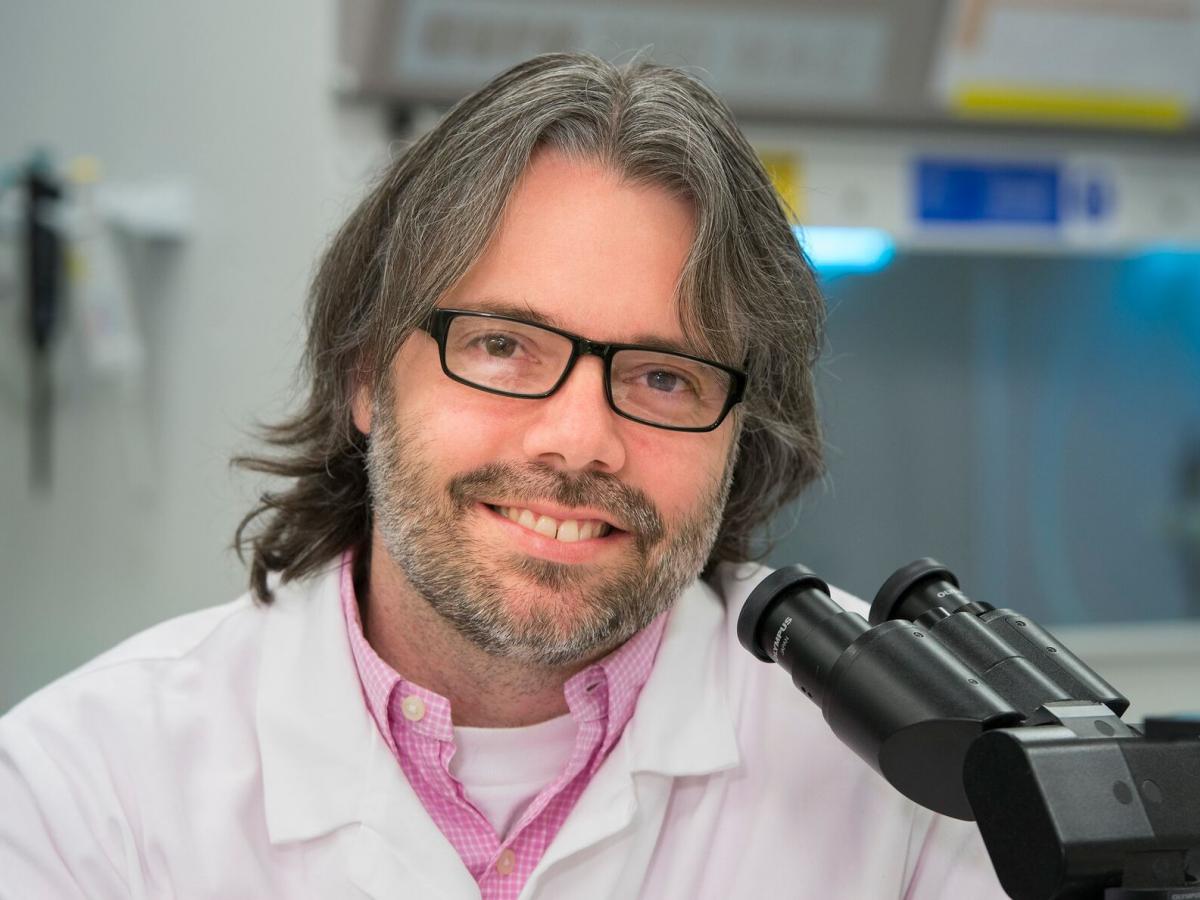Placenta research puts spotlight on early weeks of human pregnancy

Professor Jose Polo, Director of the Adelaide Centre for Epigenetics at the University of Adelaide, is the lead chief investigator on a project that will study interactions between cells of the early placenta and the mother's uterus.
A University of Adelaide-led research project will deliver important new knowledge in the first weeks of human development to help reduce infertility and pregnancy complications.
This collaborative project – funded by a $5 million grant from the National Health and Medical Research Council’s Synergy Grant program - will study interactions between cells of the early placenta and the mother’s uterus.
It builds on the different but complementary knowledge and expertise of the chief investigators from the University of Adelaide, Flinders University, University of Western Australia (UWA), RMIT University and The University of Queensland (UQ) with collaborators from UZ Brussel, Monash University and the Walter and Eliza Hall Institute of Medical Research.
Professor Jose Polo, Director of the Adelaide Centre for Epigenetics at the University of Adelaide, is the lead chief investigator (CI) on the project.
“We will focus on how the different placental cell types develop from embryo implantation to the first few weeks of development that occur before a woman is aware she is pregnant,” said Professor Polo, who is also a Group Leader at the South Australian immunoGENomics Cancer Institute (SAiGENCI).
“We will also show how placenta cells are kept healthy during the entire pregnancy.
“We will reflect back to the earliest days of placental development and identify important developmental check points that, when they go wrong, lead to common pregnancy complications. Together, our research program will benefit the 15 per cent of reproductive-age couples who face infertility, and the 30 per cent of the 300,000 pregnancies each year in Australia affected by a major placenta-associated pregnancy complication.”
“This project has the potential to revolutionise our understanding of the causes of pregnancy complications."Professor Benjamin Kile, Executive Dean of the Faculty of Health and Medical Sciences at the University of Adelaide
Professor Claire Roberts – a fellow CI on the project - leads the Pregnancy Health and Beyond Laboratory at Flinders University, and has led research on large human pregnancy cohorts in Adelaide since 2005.
“We know that pregnancy complications have their origins in the first days and weeks of pregnancy, but we had to wait until the 2020s to have the cellular and molecular toolkit to dive deep into this issue,” Professor Roberts said.
“Putting technological advances together with our team’s deep knowledge in human genetics, epigenetics, implantation and placental development will herald a new age in human pregnancy research.”
Professor Benjamin Kile, Executive Dean of the Faculty of Health and Medical Sciences at the University of Adelaide, said the project was an example of the ground-breaking work happening at the Adelaide Centre for Epigenetics.
“This project has the potential to revolutionise our understanding of the causes of pregnancy complications,” Professor Kile said.
“It is exactly the reason why the Adelaide Centre for Epigenetics was created – research and researchers at the absolute scientific edge, finding solutions to important problems.”
Other CI’s on the project are Professor Ryan Lister (UWA), Professor Guiying Nie (RMIT), Professor Geoffrey Faulkner (UQ), and Associate Professor Luciano Martelotto (University of Adelaide).
The five-year project is titled, ‘Using complex models of human trophoblast to study placental biology and disease’.
Media contacts
Professor Jose Polo, Director, Adelaide Centre for Epigenetics, The University of Adelaide.
Mobile: +61 (0)407 745 998. Email: jose.polo@adelaide.edu.au
Lee Gaskin, Media Coordinator, The University of Adelaide.
Mobile: +61 (0)415 747 075. Email: lee.gaskin@adelaide.edu.au
